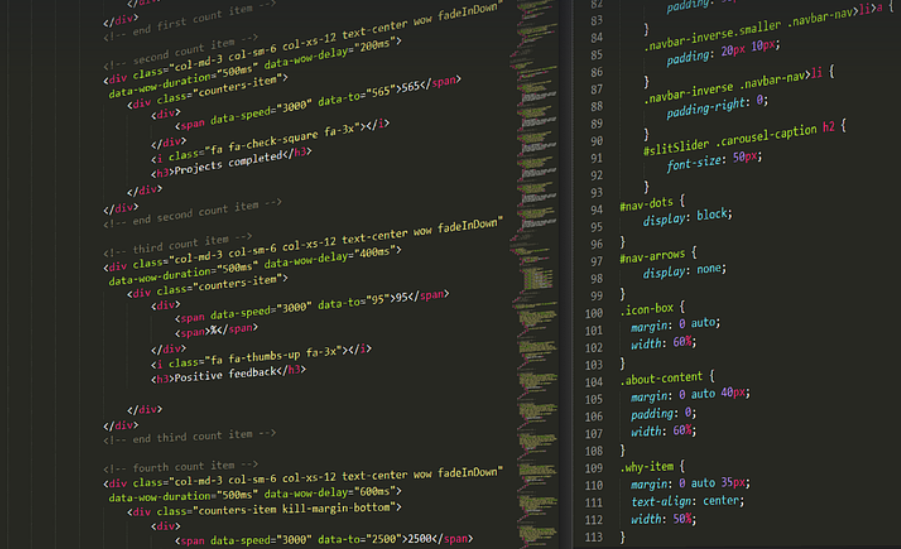Diving Deep into Information
So, you’re on a research mission! From essays to dissertations, from creative projects to professional endeavors, getting your hands on reliable information is crucial. But where do you even begin? This guide will be your trusty compass, navigating the vast ocean of resources available to you.
Reference Works: The Cornerstones of Research
First things first, let’s talk about reference works. These are the foundational texts that provide an overview of a specific subject. Think of them as a giant library in your hands, filled with authoritative information and expert insights. They act as your starting point for any research project.
Some popular examples include encyclopedias like Encyclopædia Britannica or the Oxford Dictionary of English, dictionaries for specific fields such as Webster’s New World Dictionary of American English, The Concise Oxford Dictionary of Current English, or specialized dictionaries like The Merriam-Webster’s Medical Dictionary.
Reference works are not just about definitions; they offer a comprehensive look at the subject matter, including historical context, cultural analysis, and even real-world applications.
Periodicals: The Time Machine of Knowledge
Next up, let’s explore periodicals – the dynamic journals that keep you updated on emerging trends in various fields. They publish academic papers, research findings, interviews, and other relevant information, making them a goldmine for any inquiry.
Periodicals come in all shapes and sizes, ranging from general-interest publications like Time Magazine, National Geographic, The Economist, or even literary journals like Poetry Foundation, Granta Magazine, The Paris Review, to specialized academic journals like Nature, Science, American Journal of Physics, The Lancet.
The beauty of periodicals is that they offer a diverse perspective on any topic and provide insight into the latest developments in various fields.
Databases: A Treasure Trove of Information
In today’s digital age, databases are the ultimate research assistants. They act as virtual libraries, offering access to vast amounts of information within specific subjects. These online repositories provide a structured way to organize and search for relevant material.
Popular examples include academic databases like JSTOR, Project Muse, PubMed, EBSCOhost, Web of Science, Scopus, and ProQuest. These platforms offer access to research articles, books, journals, dissertations, theses, and even legal documents.
Databases allow you to refine your search using keywords, filters, and specific subject parameters. Many also include citation tools, making it easier to understand the context of the information you’re finding.
Library Resources: Beyond the Bookshelves
Don’t underestimate the power of your college or university library! Libraries are not just repositories for books but hubs of resources and expertise. These institutions often offer online access to databases, journals, and more, even allowing you to schedule a consultation with librarians who can guide you through research.
Beyond the digital world, libraries also provide physical access to a wealth of materials. From rare books and historical documents to art and photography, there’s always something new to discover in your local library.
Interlibrary Loans: Expanding Your Research Horizons
When faced with a research that requires materials not readily available at your local library or university, don’t despair! Interlibrary loans are the perfect solution for expanding your research horizons and accessing information from different institutions.
Think of it as a “loan” service where a library can borrow a document from another institution to fulfill your request. It’s a great way to access specialized resources, even if they are held in a different library system.
Beyond the Basics: Unlocking Unique Research Avenues
While these resources serve as a solid foundation for your research journey, there’s always more to explore! Don’t hesitate to delve into other sources that can offer unique angles and fresh perspectives.
**Think about:**
* **Government Resources:** Explore publications from government agencies for data-driven insights on specific issues. The U.S. Government Publishing Office (GPO) is a great place to start, as are the websites of various state and local governments.
* **Online Platforms:** Platforms like YouTube, TED Talks, and podcasts can offer diverse perspectives on various research topics, offering you deeper insights into specific subjects.
Remember, research is a constant journey of discovery. Be curious, be open-minded, and explore the vast resources at your fingertips!












